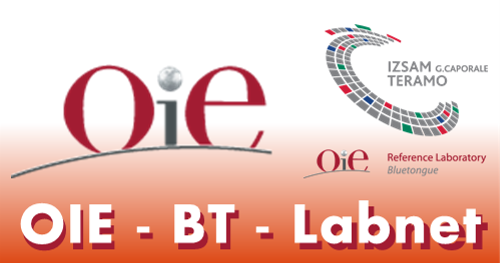Forums:
Post: Postdoctoral Research Associate in Molecular Phylogenetics, Evolution and Epidemiology of Viruses with Pandemic Potential.
School/Department: Biological Sciences / Institute of Evolutionary Biology (IEB)
Vacancy Ref. No: 3016276
Closing date: 12 October 2012
Funding body: European Framework 7
Hours: 35 hrs/week (full-time)
Start date: 01 November 2012 or as soon thereafter
Duration: Fixed term 48 months
Supervisor: Prof. Andrew Rambaut
Informal enquiries: a.rambaut@ed.ac.uk
Job description:
This post requires a computational biologist with skills in software development, bioinformatics and molecular phylogenetics or molecular epidemiology. The post will entail building sequence analysis methodologies to answer evolutionary and epidemiological questions of the key zoonotic viral pathogens listed above. The core project will be to develop existing molecular epidemiological tools (in particular the BEAST package) into a semi-automated analysis pipeline which can rapidly provide epidemiological characterization of newly emerged epidemics. Particular emphasis will be on addressing problems of statistical phylogenetic analysis of very large-scale molecular data sets flowing from next generation sequencing technologies. The post will involve close collaboration with other members of the consortium including computational biologists, epidemiologists and virologists.
Background:
Preparedness, Prediction and Prevention of Emerging Zoonotic Viruses with Pandemic Potential using Multidisciplinary Approaches (PREDEMICS) PREDEMICS is a European Framework 7 funded consortium of 17 participant institutions.
Summary of the PREDEMICS project: The capacity of zoonotic RNA viruses to emerge as major agents of human disease can appear limitless. Current intervention strategies have demonstrated limited success. Rapid, innovative and effective solutions are needed to reduce the apparently accelerating process of zoonotic disease emergence.
We will study the following zoonotic viruses with epidemic potential in Europe: influenza virus, hepatitis E virus, viruses of the Japanese encephalitis serocomplex and lyssaviruses. These diverse viruses arise from the main reservoirs and vectors of potentially emerging viral diseases and use the three major routes of transmission: respiratory, faecal-oral and vector borne. Inter-disciplinary studies will generate valuable data on patterns of crossing the species barrier, transmission and disease emergence, including ecological and anthropological factors which determine virus availability and opportunities for exposure and infection. We will unravel the complex biological interactions between the virus and the recipient hosts that drive the viral adaptation and elucidate the factors determining the ability of the viruses to spread to and between humans (including pandemic spread). Furthermore, immune mechanisms of protection and novel prevention strategies will be investigated. Data will be compiled in a nique and freely accessible data-sharing platform to build a framework for analysing the drivers of pathogen emergence. Modelling, building on the analysis of key data, will focus on the extent to which pathogen trajectories are predictable and will identify high-risk situations and environments. This will allow improvement of disease surveillance, control, preparedness and intervention. Training in leading European Universities, as well as exchanges of approaches and data sharing with national and international health organisations will strengthen European position in this global challenge.
Person specification:
Essential: PhD in an appropriate discipline. Experience in computational biology, molecular phylogenetics, molecular epidemiology, or statistical approaches in molecular evolution.
Desirable: Interest in infectious diseases. Programming skills in Java, C++, Python or similar.
Salary
The role is grade UE07 and attracts an annual salary of £30,122 to £35,938 for full-time hours. Salary is paid monthly by direct transfer to your Bank or Building Society account, normally on the 28th of each month. Salaries for part-time staff are calculated on the full-time scales, pro-rata to the Standard Working Week.
UKBA Certificate of Sponsorship:
Should you require a visa to undertake paid employment in the UK you will be required to fulfil the minimum points criteria to be granted a Certificate of Sponsorship and Tier 2 visa. As appropriate, at the time an offer of appointment is made to you, you will be asked to demonstrate that you fulfil the criteria in respect of financial maintenance and competency in English.
GENERAL INFORMATION
For information about the University of Edinburgh, please visit http://www.ed.ac.uk/about/
For information about the College of Science and Engineering, please visit http://www.scieng.ed.ac.uk/About/index.asp
For information about the School of Biological Sciences and its constituent Institutes please visit http://www.biology.ed.ac.uk
Application Procedure:
We encourage all applicants to apply online at www.jobs.ed.ac.uk. The application process is quick and easy to follow, and you will receive email confirmation of safe receipt of your application. The online system allows you to submit a CV.





